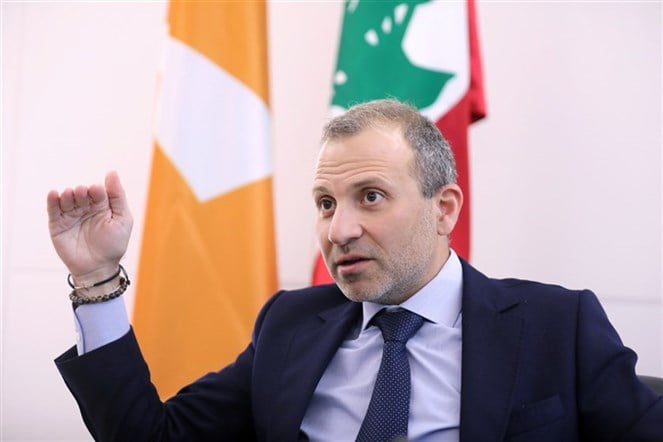
The President of the Free Patriotic Movement, Deputy Gebran Bassil, has issued a significant letter addressed to key officials, urging the prioritization of unity and the reinforcement of state authority to prevent sedition.
Deputy Bassil’s letter was sent to the Presidents of the Parliament and the caretaker government, the Ministers of Interior and Defense, the heads of security services, and the leaders of various political parties and parliamentary blocs. In it, he called for immediate and comprehensive measures to be taken on both political and security fronts to confront the risks of sedition and uphold the role of the state and its legitimate security apparatus. He specifically requested that party leaders instruct their supporters to refrain from actions that could provoke or create friction between local residents and expatriates and to report any potential incidents to security forces to enable prompt and appropriate responses.
Additionally, Bassil emphasized the importance of guiding partisans, supporters, and those responsible for overseeing shelter centers to avoid behaviors that could incite suspicion, spark security concerns, expose residents to danger, or result in armed demonstrations that might prompt escalatory reactions. He stressed that reliance should always be placed on legitimate security services.
In his letter, Deputy Bassil stated:
“Israel’s attempt to occupy Lebanese territories, paired with the systematic destruction of buildings and the organized displacement of people—particularly in the south, the Bekaa, and the southern suburbs (Dahyeh)—has become increasingly evident. The objectives behind these actions have long been clear, and we have persistently warned through media channels that Netanyahu would not attempt to launch a war on Lebanon from the outside without simultaneously instigating an internal conflict.
The ultimate goal is the long-term displacement of citizens, particularly Shiites, to various regions across Lebanon, preventing them from returning swiftly to their homes. This is compounded by efforts to incite internal division among the Lebanese, spurred by external and internal media narratives and further fueled by certain internal factions. This friction between the resident and expatriate populations is exacerbated by the severe living and financial conditions, leading to disputes across regions between different communities, including within the Shiite community itself. Such conditions create fertile ground for widespread chaos, especially as Israeli raids target host areas to instill fear and drive a wedge between resident and expatriate populations.
Israel’s clear objective is to isolate the Shiite community from the broader fabric of Lebanese society, thereby fostering mobile strife between sects and regions. The only effective way to counter this is through the presence and intervention of legitimate security forces. The absence of such forces will inevitably result in a turn to individual and collective armament and the pursuit of self-security measures, which, if unchecked, could lead to civil conflict—an outcome that Israel seeks and which would mirror the tragic events Lebanon faced in the 1970s.”
